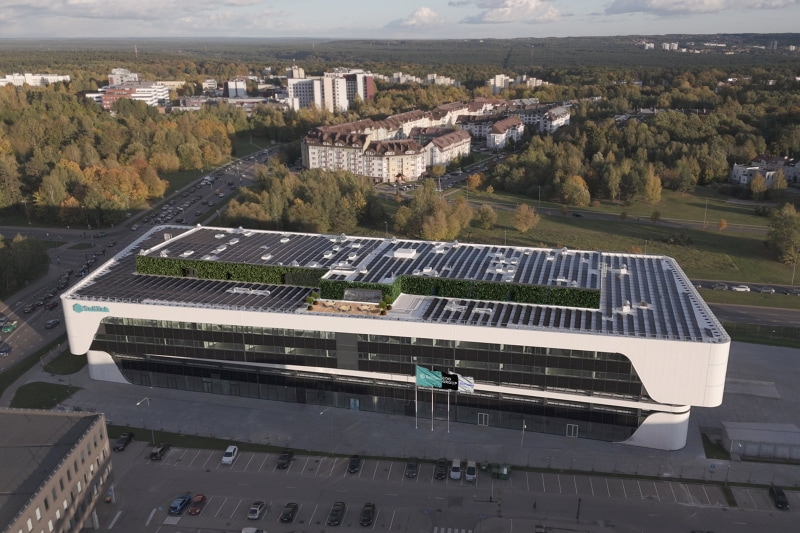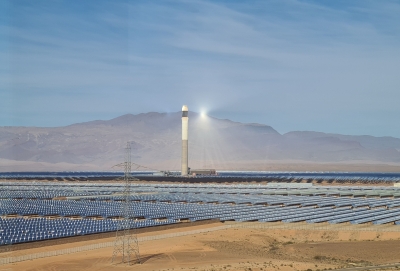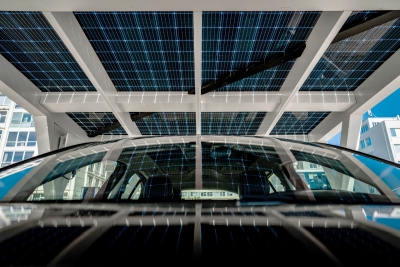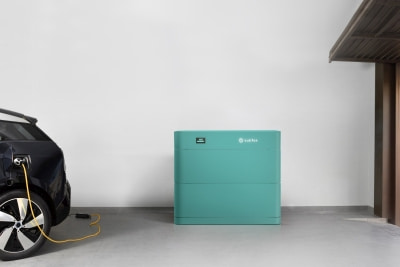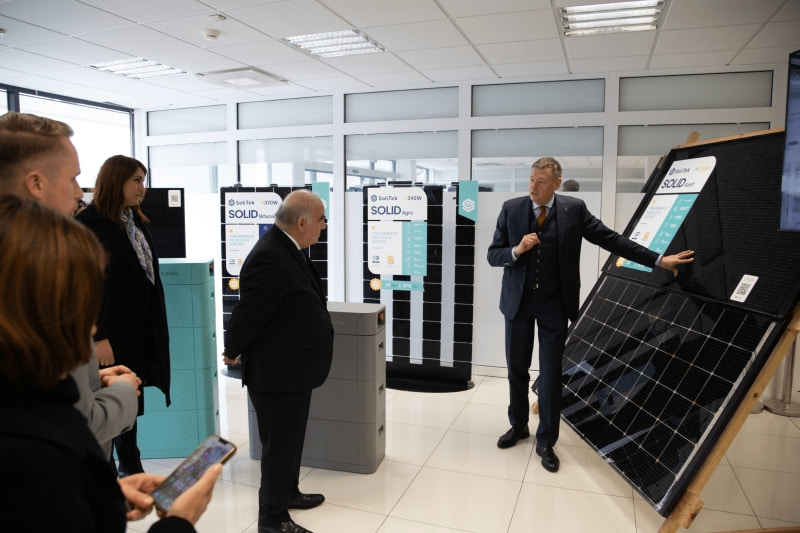01News
SoliTek's Research Uncovers Groundbreaking Results
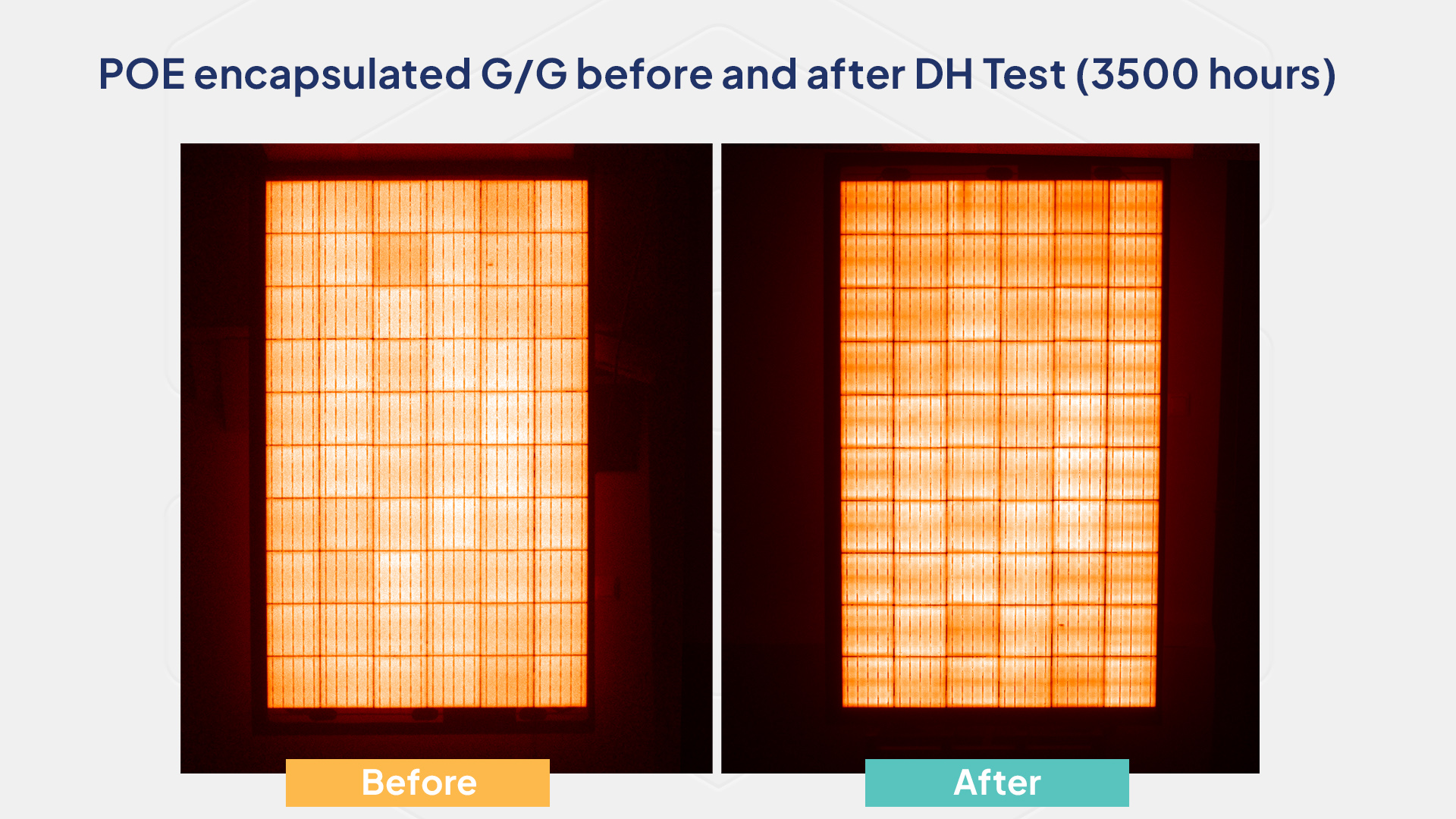
SoliTek, a leader in solar module innovation, announced remarkable findings from its recent series of module durability tests. These tests, which compared Ethylene Vinyl Acetate (EVA) and Polyolefin Elastomer (POE) encapsulants, have shown stark differences in module durability, with POE encapsulated modules demonstrating significantly enhanced longevity.
The preference for glass-glass modules plays a significant role in influencing the decisions of module makers regarding encapsulants. These encapsulants are broadly classified into three material types: EVA, POE, and the co-extruded EPE encapsulant. Among these, EVA encapsulant holds the predominant position, particularly in the case of p-type modules, with the demand for both EVA and POE materials aligning with industry trends. Anticipated trends for 2023 estimate the demand for EVA and POE foil at 1,480,000-1,530,000 Metric Tons (MT) and 390,000-420,000 MT, respectively. Looking ahead to 2024, these figures are projected to shift to 1,450,000-1,530,000 MT for EVA and 520,000-580,000 MT for POE, reflecting evolving preferences in the market.
However, SoliTek’s research indicates a paradigm shift, favoring POE for its superior performance, particularly in modules which use n-type solar cells. SoliTek performed damp heat test in specific climatic chambers to test the difference between EVA and POE encapsulated modules. The damp heat test is performed by applying 85°C ± 2°C with a relative humidity of 85% for an uninterrupted cycle of 1,000 hours (minimum IEC required). In SoliTek’s case test were performed for an uninterrupted cycle of up to 3,500 hours. For example, glass-backsheet modules encapsulated with EVA exhibited a degradation rate of -7.90% after 2500 hours (equivalent to 25 years). Conversely, glass-glass modules encapsulated with POE showed a mere -3.50% degradation after 3500 hours (equivalent to 35 years).
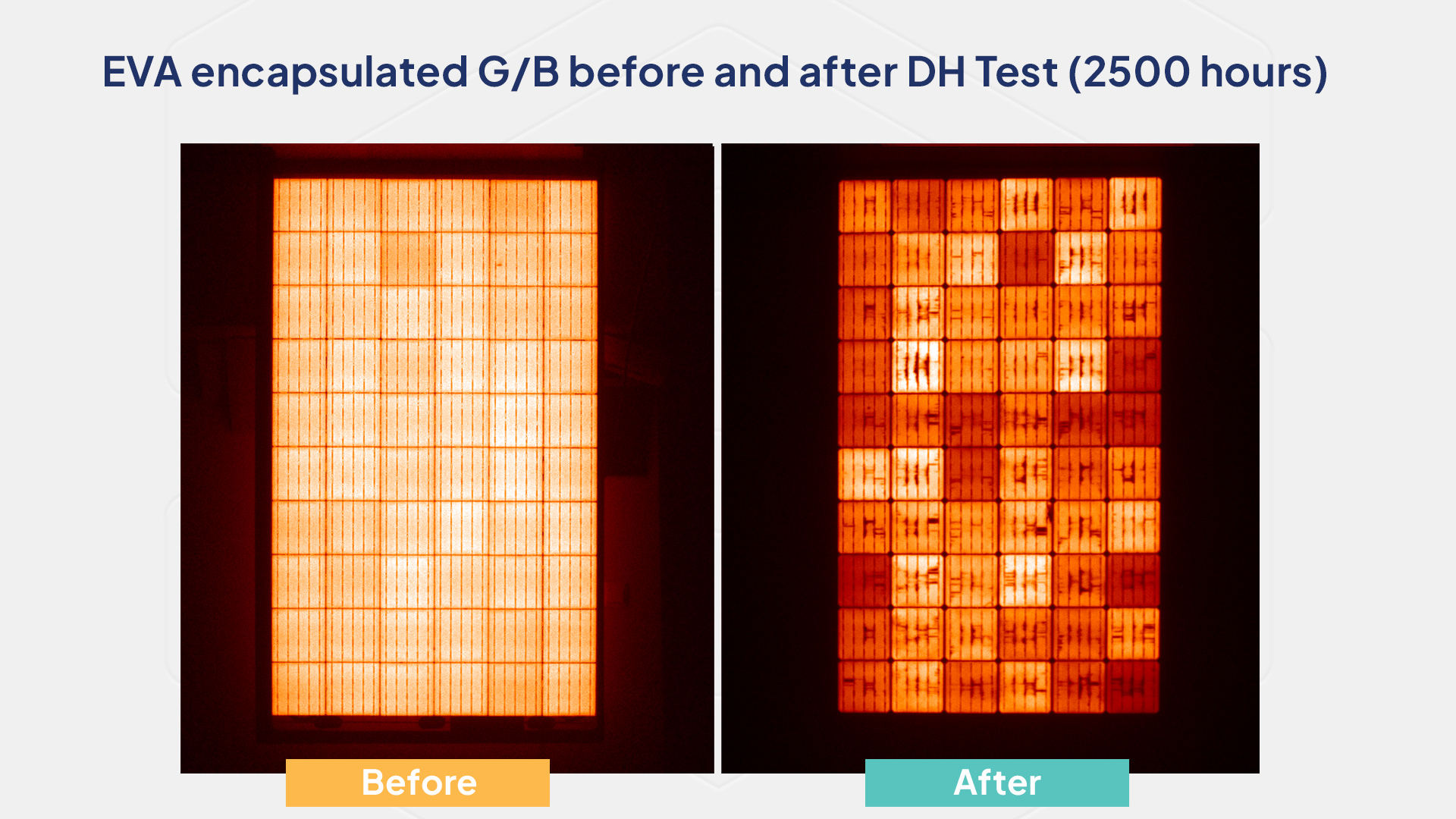
It's crucial to note that these tests provide a partial perspective since they involve subjecting the module solely to high temperatures and high humidity. In actual natural settings, the module will be exposed to various elements such as changing weather conditions, wind, snow loads, and more. Consequently, the degradation experienced in real-world conditions is expected to be higher.
SoliTek's extensive testing, going beyond IEC certification requirements, emphasizes their commitment to product excellence. These tests suggest that POE encapsulated glass-glass modules could have lifespans exceeding 50 years, a stark contrast to the 25-year expectancy for modules with different materials. The superior moisture resistance, PID resistance, and UV protection of POE make it particularly suitable for high-efficiency, moisture-sensitive cells.
However, it would be highly misleading to assume that all glass/glass modules are equivalent and superior to all glass/backsheet modules. While EVA or any film containing EVA in its composition has been a suitable choice for the lamination of glass/backsheet modules, it can pose significant issues when used in a glass/glass configuration. The primary concern is the formation of acetic acid during the lamination process. When a backsheet serves as the rear material of a solar module, acetic acid can evaporate. In contrast, in glass/glass modules, it becomes trapped between the two glass layers, potentially leading to the corrosion of cell metallization or delamination. These issues can result in reliability concerns and a shortened lifetime for the product.
"These findings are not just a win for SoliTek but for the entire solar industry," said Julius Sakalauskas, CEO at SoliTek. "Our rigorous testing and innovative approach to module encapsulation, which has involved the use of POE film in our glass/glass modules since the inception of production around 2013, pave the way for more reliable, longer-lasting, non-toxic solar energy solutions. We take pride in leading this charge and remain committed to advancing solar module performance through our continuous efforts."
This breakthrough is especially significant in light of the global shift towards bifacial and n-type module technologies. POE's enhanced moisture resistance, superior PID resistance, and robustness against environmental factors position it as a highly effective alternative to EVA, especially for moisture-sensitive, high-efficiency solar cells.
02More news
